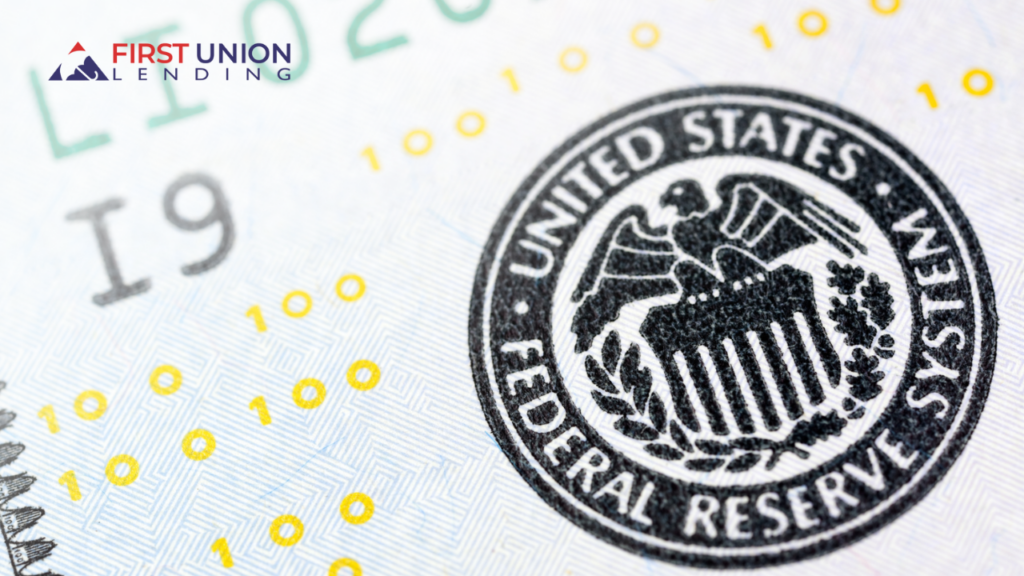
The Federal Reserve has increased interest rates by a quarter percentage point, indicating the eighth such increment in under a year. Aimed to stave off inflation, this move is deemed necessary by our economic maestros. Interestingly, this rate hike is the tiniest since last March, implying a more cautious attitude from the economic authorities.
These higher interest rates appear to be achieving their intended outcome – tempering consumer spending and significantly curbing inflation, albeit faster than what the central bank would ideally desire. Federal Reserve Chairman Jerome Powell said this is just the beginning of a protracted struggle.
However, there are concerns. The prices of labor-intensive services might continue their upward march, potentially complicating attempts to bring inflation back to the ideal 2% target.
Tight Job Market and Wages: A Silver Lining
Despite the constricted job market, there’s a glimmer of hope as recent wage gains have mellowed. This helps to mitigate fears that swift wage increases might further stoke price hikes – a nightmarish scenario reminiscent of the 1970s.
The Federal Reserve’s goal is a gradual decline in prices and wages, a ‘soft landing’. However, the financial markets seem to hold a somewhat skeptical view. Some are betting that the central bank will soon start reducing interest rates despite the Fed’s warnings.
Inflation: Are We Being Too Optimistic?
Here’s an intriguing divergence: The market maintains an optimistic outlook that inflation will vanish, while the Fed holds a more realistic belief that reining in inflation will be a slower, more challenging process necessitating higher interest rates for a longer duration.
Rewind two years, when Fed policymakers were under the impression that inflation would naturally decline once pandemic-related supply issues were resolved – a presumption that didn’t quite materialize as expected. Concerns are mounting that the Fed could react too strongly, potentially slowing the economy more than necessary to control prices.
The Debt Ceiling and Pace of Economic Recovery
Powell argues for a better-safe-than-sorry approach, stating that it’s preferable to overshoot with interest rates than to stop short and risk an inflation spike. He also warns about the potential dangers of not increasing the debt ceiling, a looming deadline that, if missed, could cause a potentially disastrous default if Congress fails to authorize a raise.
The Pandemic Factor
And then there’s the pandemic. Powell, who recently tested positive for COVID-19, asserts that the virus no longer plays a critical role in the economy. Quite a rollercoaster of events, wouldn’t you agree? The dance of economics continues with the same tune: Balance is essential, and the journey to economic stability is often just as crucial as the destination.
